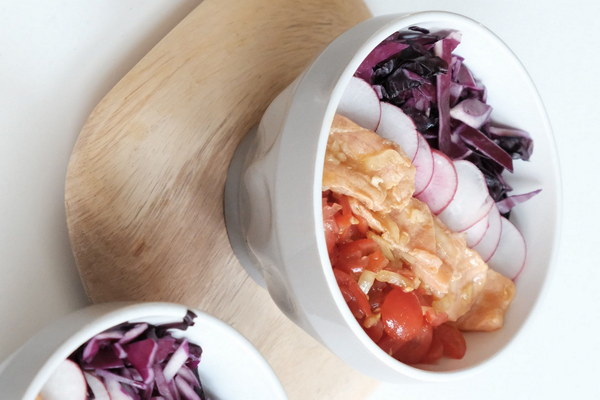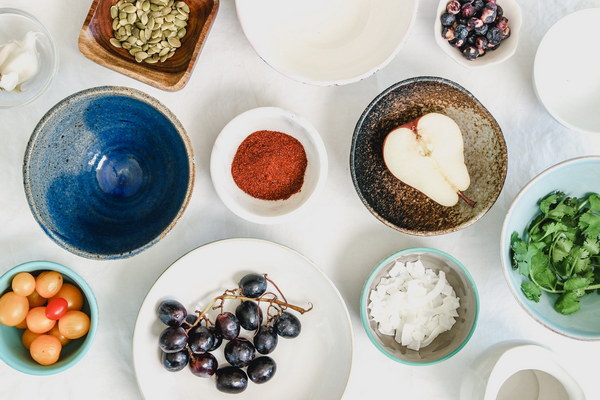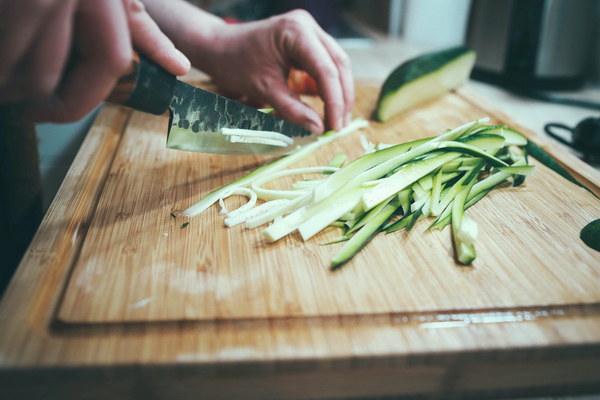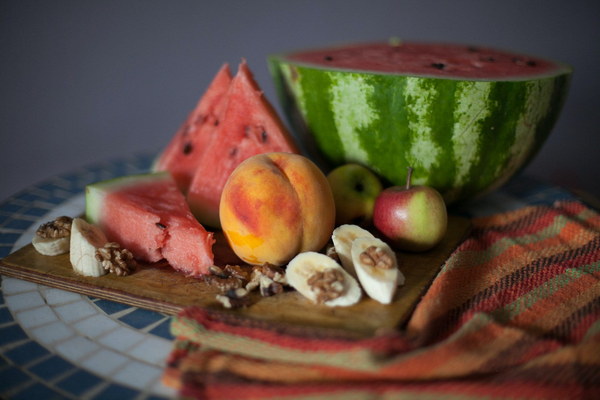The Origins of the YinQing FeiPi Mixture Unveiling Its Roots in Traditional Chinese Medicine
The Yin-Qing Fei-Pi Mixture, a highly regarded herbal formula in Traditional Chinese Medicine (TCM), has been widely used for centuries to treat various respiratory diseases. This article delves into the origins of the Yin-Qing Fei-Pi Mixture, tracing its roots back to a classical TCM formula that has stood the test of time.
The Yin-Qing Fei-Pi Mixture is derived from the famous Xiao Chai Hu Tang, also known as Minor Bupleurum Decoction. This ancient formula was first documented in the Shang Han Za Bing Lun, a renowned medical text written by Zhang Zhongjing, the legendary physician of the Eastern Han Dynasty (25-220 AD).
Xiao Chai Hu Tang was initially formulated to treat sunstroke, a condition characterized by fever, dizziness, and sweating. However, its therapeutic properties have been expanded to include the treatment of various respiratory disorders, such as common cold, influenza, bronchitis, and asthma.
The Yin-Qing Fei-Pi Mixture retains the essence of Xiao Chai Hu Tang while also incorporating additional herbs to enhance its effectiveness. The original formula consists of the following key ingredients:
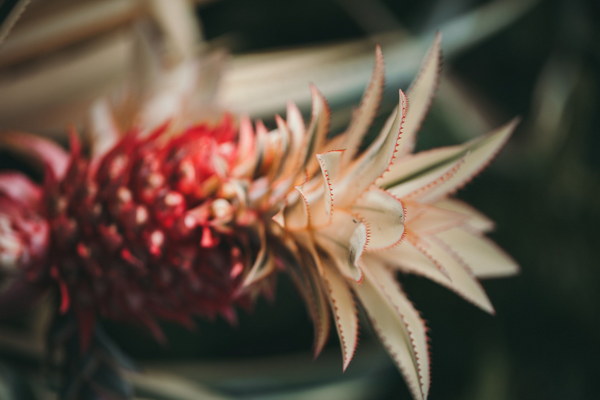
1. Bupleurum chinense (Chai Hu): This herb is known for its ability to clear heat and resolve dampness, making it a vital component in treating respiratory diseases.
2. Scutellaria baicalensis (Huang Qin): This herb is renowned for its anti-inflammatory and antibacterial properties, which help alleviate symptoms such as cough, fever, and sore throat.
3. Platycodon grandiflorus (Jie Geng): This herb is used to open the chest and relieve cough, making it an essential ingredient in the treatment of respiratory diseases.
4. Forsythia suspense (Lian Qiao): This herb is effective in clearing heat and reducing inflammation, which helps alleviate symptoms like sore throat and fever.
The Yin-Qing Fei-Pi Mixture builds upon these foundational ingredients, adding the following herbs to further enhance its therapeutic effects:
1. Ophiopogon japonicus (Mai Men Dong): This herb is known for its ability to nourish the Yin and moisten the Lung, which helps alleviate dry cough and sore throat.
2. Phellodendron amurense (Huang Bai): This herb is used to clear heat and relieve dampness, making it an excellent addition to the formula for treating respiratory diseases.
3. Alisma orientale (Ze Xie): This herb helps drain dampness and resolve phlegm, which is beneficial for treating cough and asthma.
4. Asparagus cochinchinensis (Tian Ma): This herb is used to nourish the Yin and cool the blood, which helps alleviate symptoms such as fever and sore throat.
The Yin-Qing Fei-Pi Mixture combines the cooling, clearing, and nourishing properties of these herbs to create a potent formula that can effectively treat a wide range of respiratory diseases. Its origins in the classical Xiao Chai Hu Tang highlight the time-honored tradition of TCM, where each herb is carefully selected for its unique properties and combined in a harmonious blend to promote health and well-being.
In conclusion, the Yin-Qing Fei-Pi Mixture is a testament to the enduring legacy of Traditional Chinese Medicine. By tracing its roots back to the Xiao Chai Hu Tang, we can appreciate the wisdom and experience that has been passed down through generations. As modern medicine continues to advance, the Yin-Qing Fei-Pi Mixture remains a valuable resource for those seeking natural, effective treatments for respiratory diseases.




